Bar associations in Australia are facing a profound crisis amid Indigenous voice to parliament debate
By wading into political territory, the NSW Bar Association has sidelined its legal responsibilities. We had better prepare for what’s ahead.
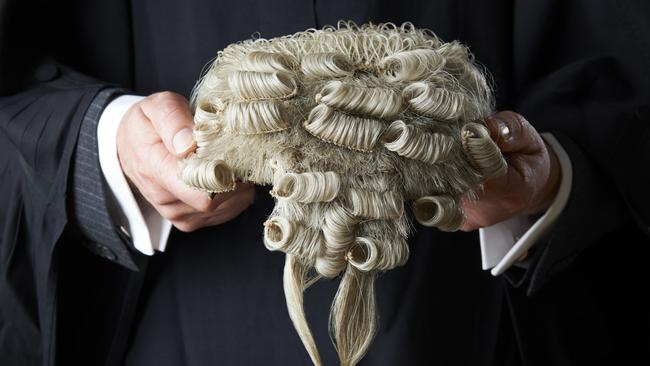
The upshot is that Bar associations in Australia are facing a profound crisis. It is an understatement to say the various Bar councils – comprised of elected members who run these associations – have put a big question mark over the purpose of their association.
Do these professional bodies exist to serve the interests of their members and to warn the public about legal issues of which the public may not be cognisant? That is the traditional purpose of these professional guilds. Or are these Bar associations, under direction from their Bar councils, taking on more controversial roles, choosing sides in political debates? If it is the latter, then the legal profession had better prepare for what’s ahead. And so must we.
The NSW Bar Association has opened itself to public ridicule after its governing council sided with the Yes campaign.
By wading into political territory, the association has sidelined its legal responsibilities. These professional bodies can and should speak publicly on rule of law issues, on individual rights issues and important legal issues generally, but only where the effect of those laws is clear.
Bar associations and their governing councils must not, however, mislead the public as to the law or its effect. They must not pretend certainty where there is none. They must not claim clarity about aspects of a proposed law that are novel and highly contested. Where the effect of a law will necessarily depend on future judgments by a High Court of unknown composition, they should candidly and honestly warn that comment about it is speculative.
Where they do any of these inappropriate things in the context of a highly charged political debate, they act as political partisans not impartial professional legal experts. Members of Bar associations do not pay their dues so their governing boards can use them, and the professional prestige of their association, to indulge their purely personal political judgments. That is an abuse of their position.
This week, civil war broke out over suggestions the Victorian Bar Association might follow the NSW example to join the Yes side. After a lengthy meeting on Thursday, any decision was punted to May. If political imperatives trump concerns for the law, the entire character of these bodies will change.
Welcome to the 21st century, some might say, where politics reaches into every corner of our lives, with opposing sides pitching political battles as moral ones, where winner takes all.
Except that we really do need professional associations to stick to their knitting – not to constrain them but so they can serve a uniquely important purpose by warning us about significant legal dangers. We have quite enough political shysters in our lives who won’t come clean, thank you very much, without adding a whole swath of barristers.
During the past week I’ve heard from many, many more barristers fed up with the infusion of politics into Bar councils and, by extension, the Bar association. You wouldn’t know most of their names. They don’t speak to newspapers or crave radio slots. These barristers are not political. This devotion to the law over politics is not something we in the broader community can afford to lose.
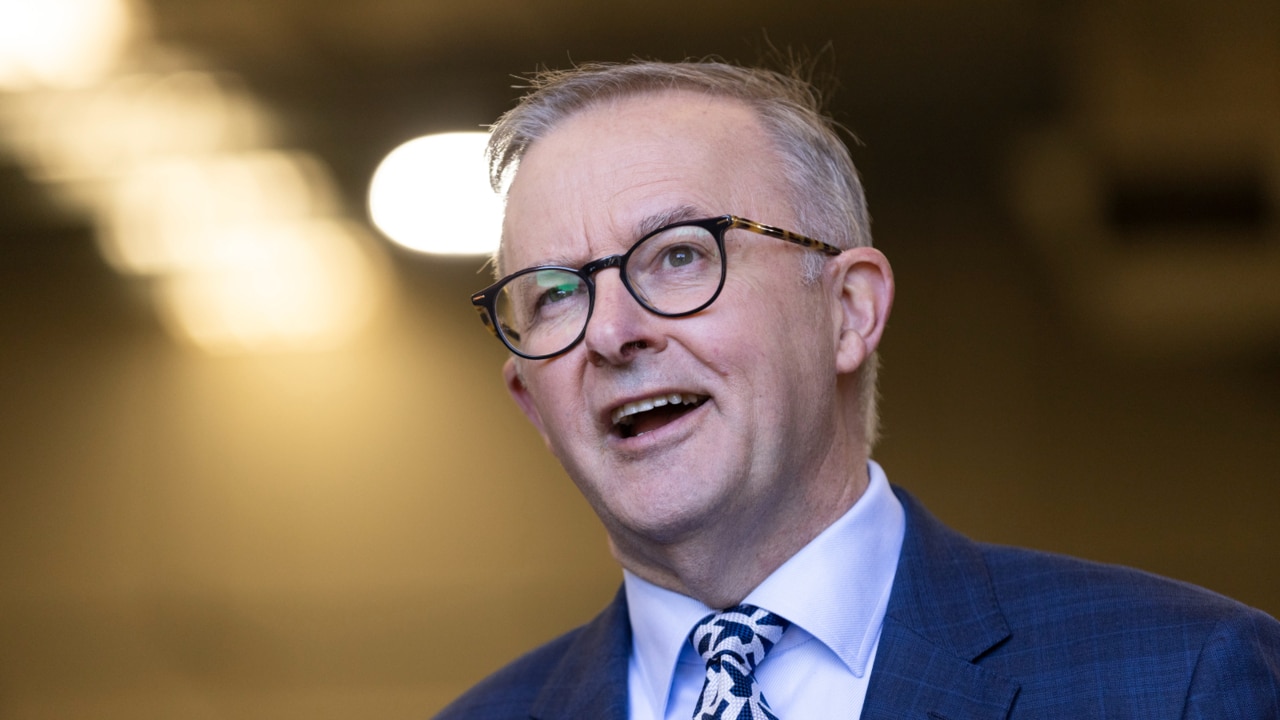
In recent years, those running Bar associations around the country have let us down when we needed them the most.
In Victoria, it took a group of barristers led by Philip Crutchfield KC and Michael Borsky KC to speak out when the Andrews government proposed laws that empowered a roaming group of “authorised officers” to arrest anyone with Covid-19, or a close contact, if they were merely suspected of possibly breaching an emergency direction in the future.
The faint-hearted Victorian Bar Council raised its head about laws that were eye-wateringly rotten for freedom and the rule of law only after Crutchfield and others spoke first.
When the presumption of innocence was being pulverised by high-profile media celebrities during the Brittany Higgins-Bruce Lehrmann saga, where were the legal bigwigs running the country’s Bar associations? Asleep.
Or they put us to sleep. The NSW Bar Council issued a statement about the rule of law that was so anaesthetisingly pointless, it should be patented for medical use.
When media witch-hunts were in full swing against former attorney-general Christian Porter, along with wild demands for some kind of inquiry into unprovable allegations against him, did we hear from any of the nation’s Bar associations about how this would have been a travesty against the rule of law and the presumption of innocence? You know the answer.
Courageously, Arthur Moses SC spoke up, reminding us that the rule of law applies whether an alleged perpetrator is a cabinet minister or cabinet-maker. Allegations of criminal conduct must be dealt with by the criminal justice system, not by media trials or bespoke inquiries that could not determine guilt or innocence, he said.
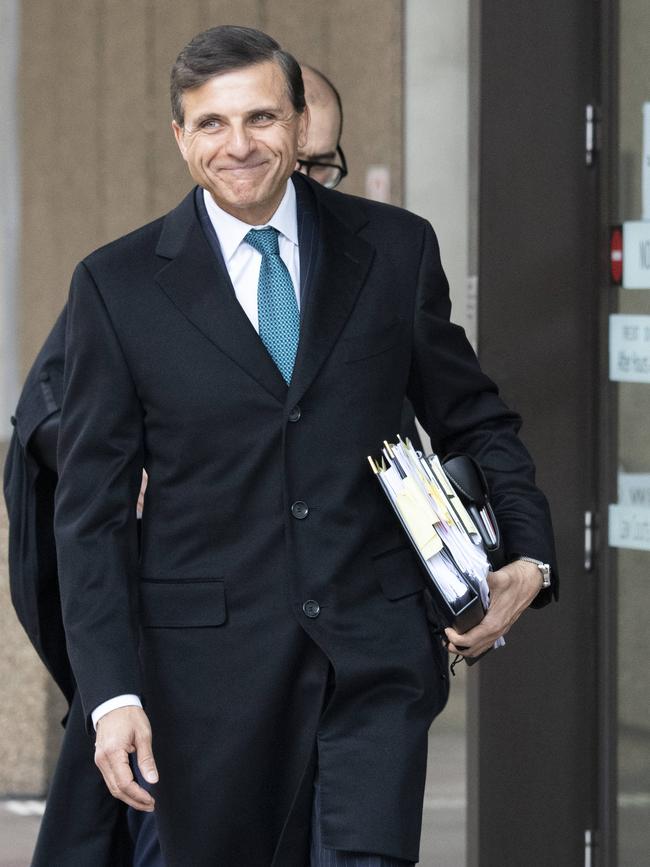
It’s important, simple stuff, precisely the sort of warning that should come from Bar associations. In a rare and therefore memorable move, the NSW Bar Association issued a powerful warning against new and poorly drafted sexual consent laws proposed in NSW in May 2021.
These new laws would cause dreadful injustice by potentially criminalising many consensual sexual relations, according to then NSW Bar Association president Michael McHugh. Inquirer understands Bar council executives decided on this warning after concerns were raised by several senior criminal silks who were who not council members.
And that tells another story about modern Bar councils. Like most elections these days, vying for a seat on a Bar council is often akin to a mini-political campaign. The result is that Bar councils, like the ruling organs of any political party, are increasingly filled with lots of journeymen – and journeywomen – and a smattering of more knowledgeable types, in this case barristers with very expert knowledge in niche areas.
Depending on the issue, it means a Bar council is more reliant on, and easily influenced by, other barristers. This can be for the greater good: when warning us against significant injustices arising from the new sexual consent laws. It can also lead south when senior barristers use their influence to encourage malleable council members to take sides in political campaigns such as the voice.
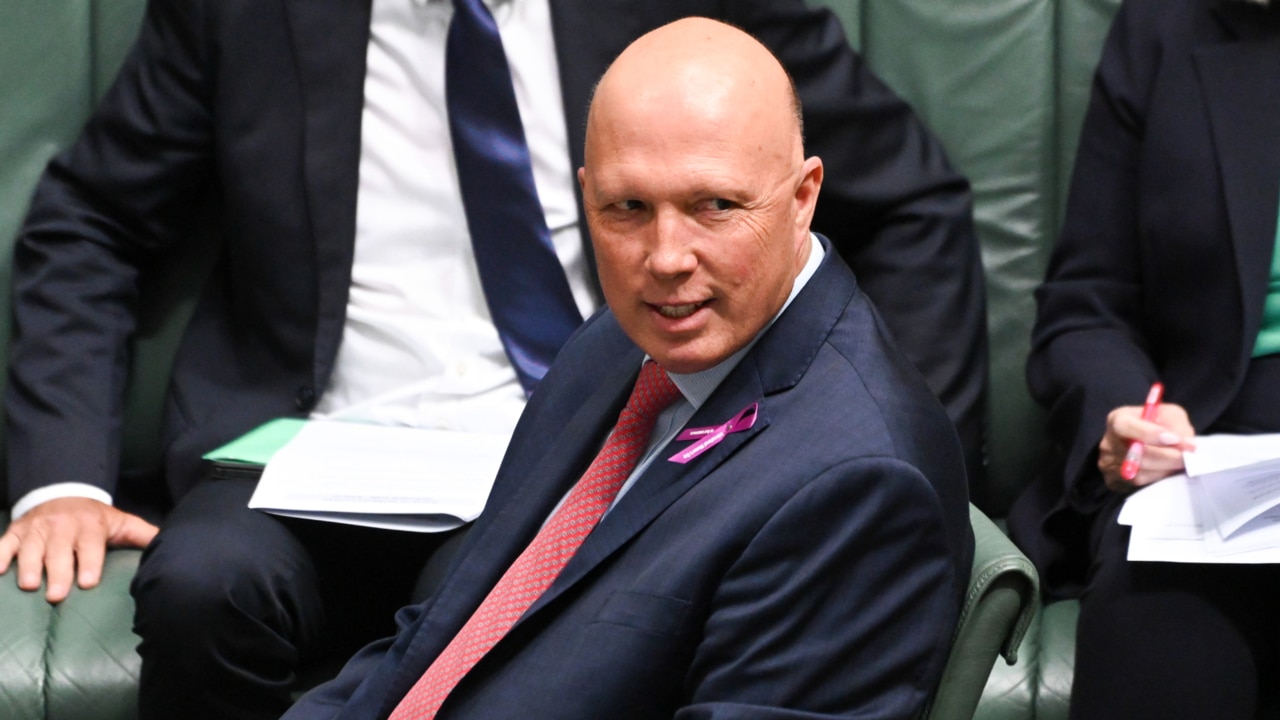
Given there are no highly specialised public lawyers on the NSW Bar Council, and given the complexities, uncertainties and contested issues about the wording, it raises the question of who was behind the council’s decision to side with the voice.
The proposed voice should be a prime example of how we rely on legal experts to warn us against the legal ramifications of proposed laws, especially when they are speaking against the zeitgeist. As one eminent Victorian silk told me this week, when a Bar association speaks out against the flow of public opinion, that’s when it really comes into its own, encouraging people to hit pause and say, hang on a second, let’s think very carefully about what’s coming down the track with this new proposed law.
By contrast, siding with one side in the voice debate – instead of providing serious legal analysis of the risks and uncertainties surrounding the current voice wording – is a political move. And patently so.
The NSW Bar Association, for example, publicly backed the current proposal for a constitutionally entrenched voice on April 13 – before the parliamentary inquiry into the proposed wording was complete, and even before the full set of legal submissions from prominent silks were available.
This same organisation refused an offer in early March from barrister Louise Clegg and Jesuit priest and human rights lawyer Father Frank Brennan to hold an education session for barristers, formally called continuing professional development, where they would explore whether the proposed legal wording was legally sound. Clegg and Brennan are supporters of a more modest voice model and hold serious legal concerns about the overreach of the current model.
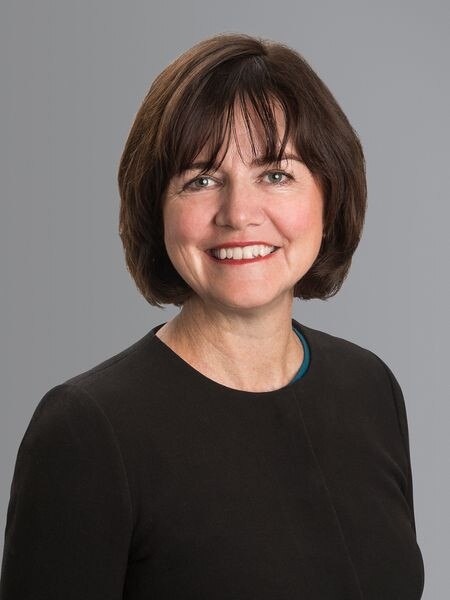
Clegg sent a detailed proposal for a session along these lines for NSW barristers to NSW Bar Association president Gabrielle Bashir. Bashir told Clegg her email had been forwarded “for consideration”.
Clegg never heard back from Bashir.
It’s a shame the Bar council decided alternative views were not worthy of being part of the barristers’ continuing education program. It’s a bigger shame the Bar council outed itself as politically driven, and therefore contemptuous of its core role as responsible and serious legal experts who should warn us of legitimate and real legal risks.
Clegg told Inquirer this week: “The NSW Bar Association is exposed as complicit in shutting down alternative views. Even the views of those like me who suggest an alternative, more modest voice that would be more unifying and have more prospects of success.
“It pains me greatly to be so critical of my own professional association. But history shows that sometimes an institution needs people within it to stand up for it, and its core purposes, in order to save it.
“The association should … formally move from being in favour of this enormous, radical change to our Constitution and instead simply say that it is neutral.”
The notion that the current voice proposal does not involve legal risks worthy of careful explanation is, frankly, preposterous. Any major change to the Constitution contains legal risks. This proposal risks undermining parliamentary supremacy and our current form of government.
Given what is potentially at stake, those running Bar associations could have served an important role in demanding greater certainty in the wording proposed by the federal government. There is, after all, a simple legal solution: explicit wording to preserve parliamentary supremacy and our current form of government.
If Bar councils want to turn their associations into political creatures, so be it. But turning back will be hard; it takes longer to build a respected reputation than it does to ruin one. While they will lose credibility and legitimacy as independent legal professionals, we, the people, will lose the most.


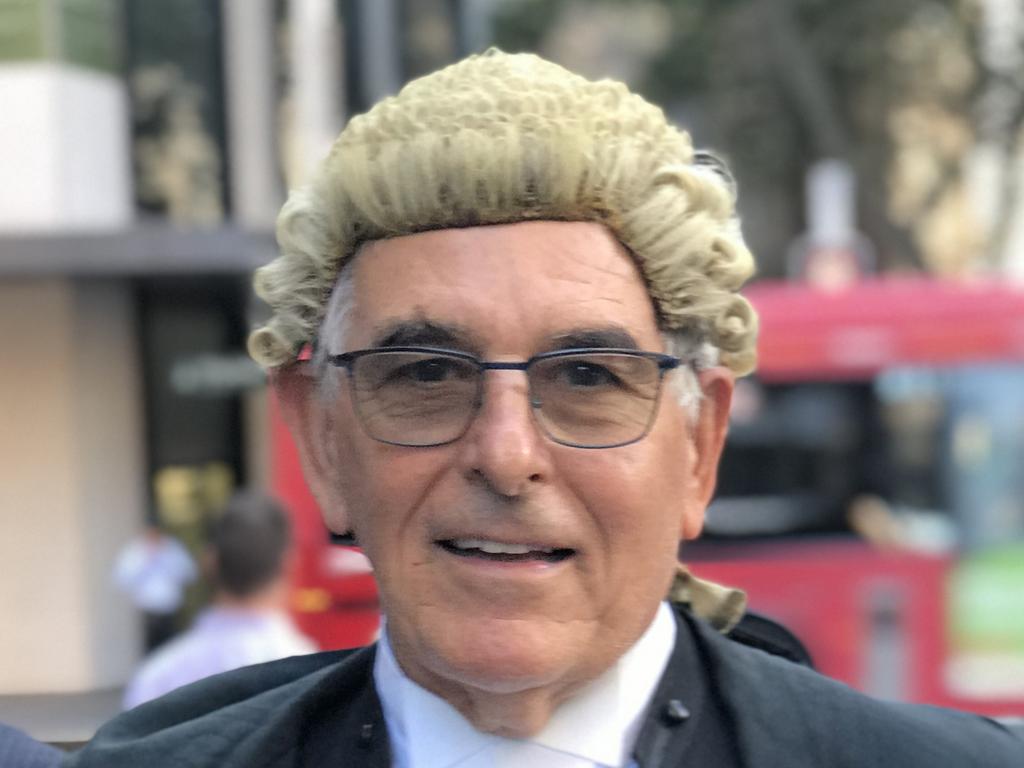
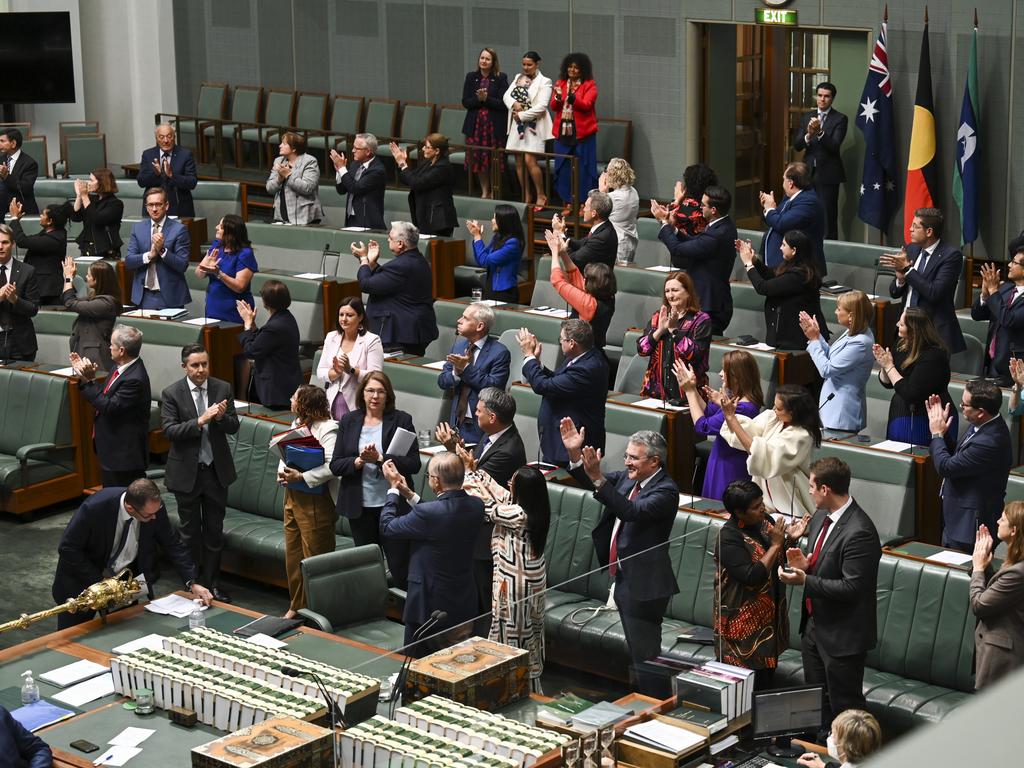
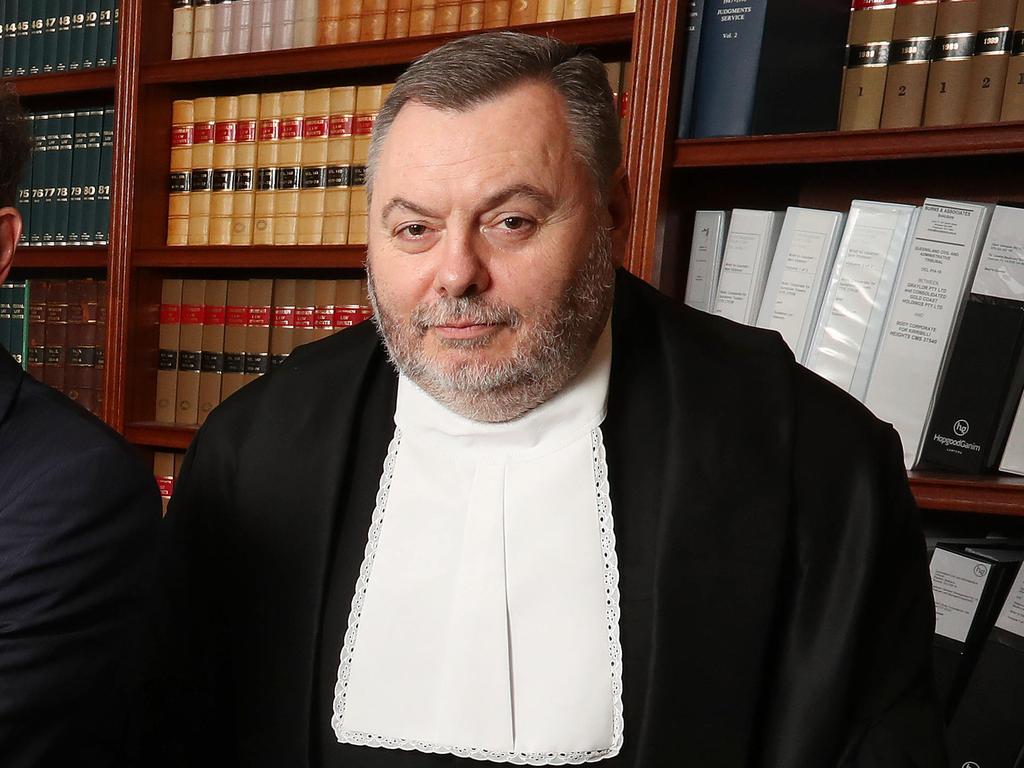
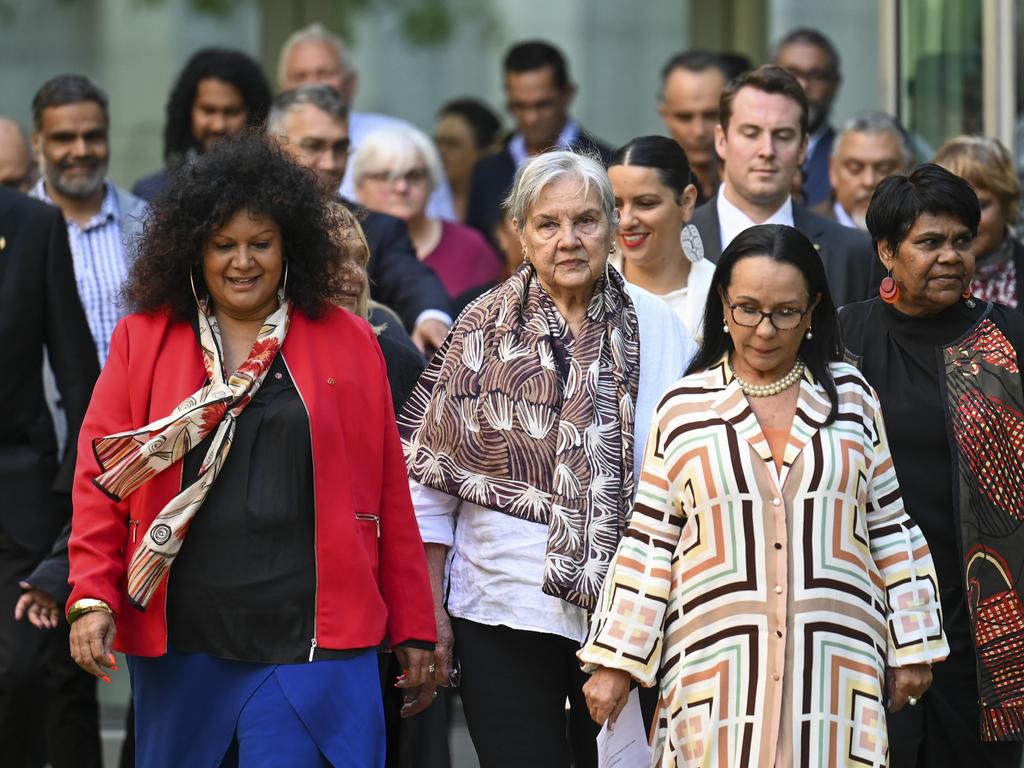
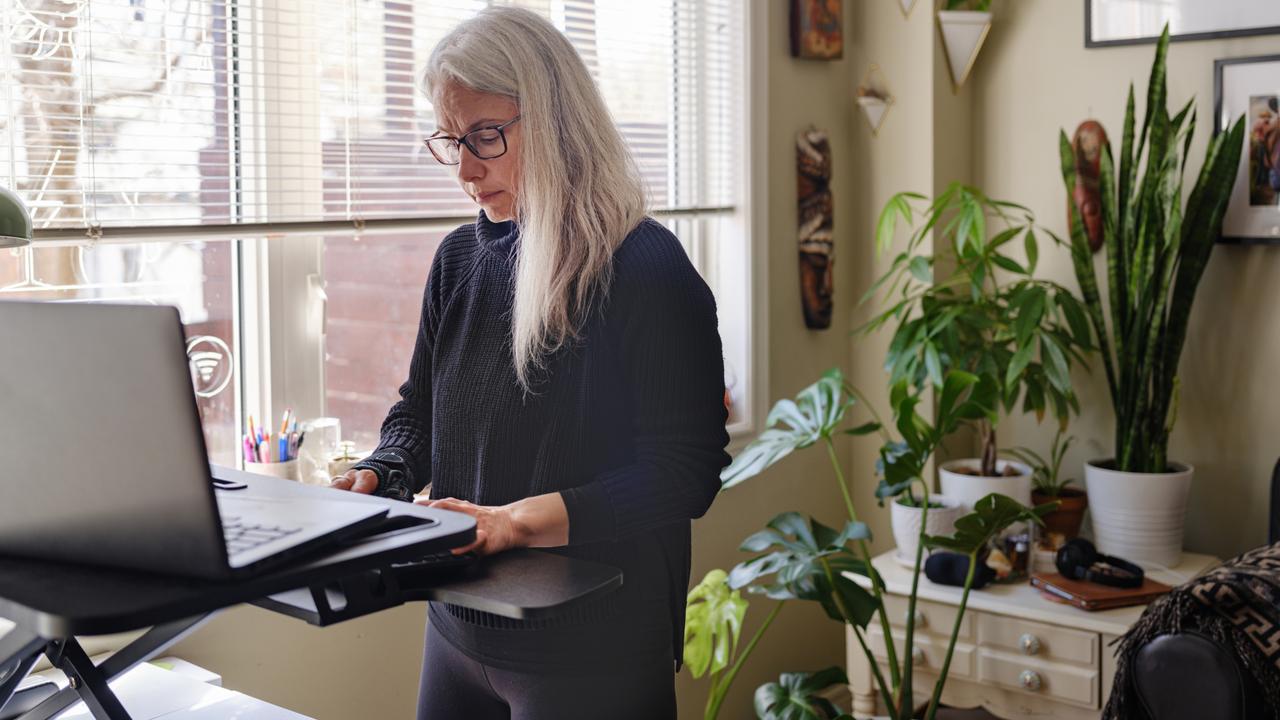

It is no stretch of the imagination to suggest barristers are an opinionated lot. It should come as no surprise, then, that when a barristers’ professional body decides to wade into politics, choosing one side in the voice debate, it’s going to cause frustration, disappointment and outright anger within the profession.